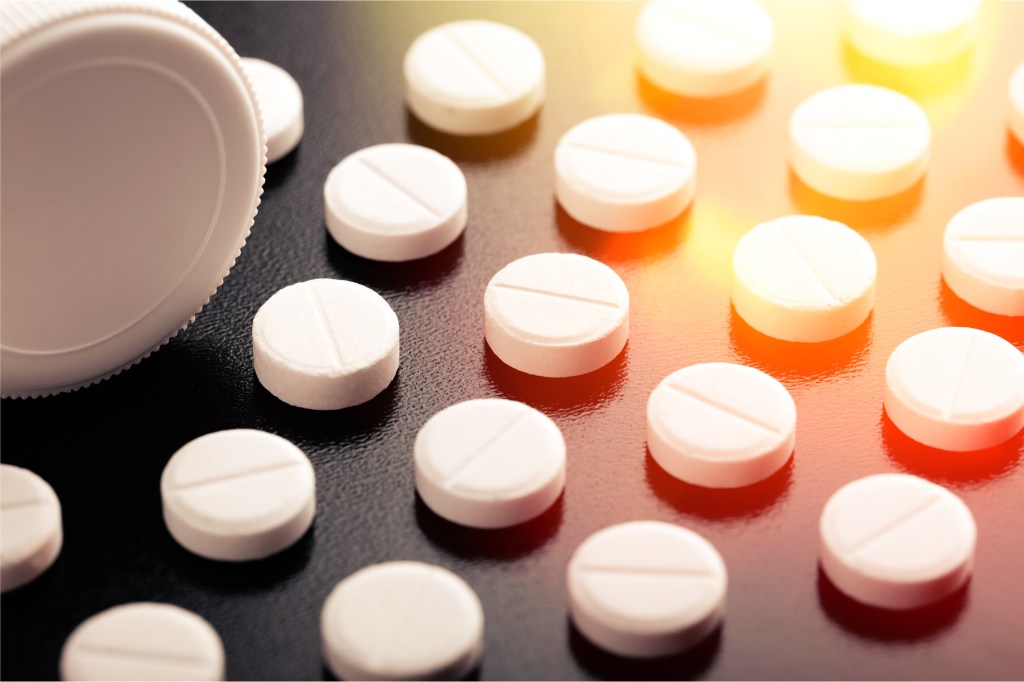The Food and Drug Administration announced a national shortage of Adderall, one of the most commonly prescribed treatments for attention-deficit/hyperactivity disorder.
Teva Pharmaceuticals, the largest supplier of Adderall in the U.S., is experiencing manufacturing delays with several doses of the medication expected to be on backorder until March, according to a statement published by the FDA on Wednesday.
Videos by VICE
A prior labor shortage at Teva put the medication on backorder in August. Since then, several other companies have reported shortages. Despite Adderall production from other manufacturers, there is not enough supply to meet current demand, according to the FDA.
The Teva shortage is mostly impacting generic immediate-release tablets, which include the 10, 20 and 30 milligram doses. Three other companies are also experiencing shortages: Epic Pharma has all doses listed on backorder, Rhodes Pharmaceuticals does not have 5 milligram doses available and SpecGX is estimating supply constraints for 20 and 30 milligram doses through January.
“We continue to use all the tools we have available to help keep supply available for patients and will provide public updates regarding the Adderall shortage, ” the FDA said.
The American Society of Health-System Pharmacists (ASHP), a group that represents tens of thousands of pharmacists, listed a shortage of Adderall on its website in August. Dr. Erin Fox, senior director of drug information and support services at University of Utah Health which compiles the drug shortage data for ASHP, told Motherboard earlier this month that she first began receiving reports of shortages in early April.
Motherboard previously spoke with patients from across the country who said they have been experiencing difficulty accessing Adderall. Patients described persistently reaching out to pharmacies with varied luck, and many chose to ration their medication in anticipation of being unable to access it, or were considering other treatments.
The FDA’s announcement suggested alternative therapies like extended-release Adderall and said that patients should speak with their doctors to determine the best treatment option until supply is restored.
During the COVID-19 pandemic, demand for Adderall prescriptions spiked following the easing of telehealth restrictions, which allowed the medication to be prescribed without an in-person medical evaluation.
Since Adderall is classified as a schedule II controlled substance, prescriptions typically cannot be refilled earlier than 30 days since it was last filled, and there are also typically restrictions on how many pills a patient can get at a time. Amid the shortage, even tightly scheduled pharmacy trips and consistent communication with doctors cannot guarantee a month’s supply of Adderall.
According to Fox, Adderall shortages typically last anywhere from four to eight months before products are fully restocked.
More
From VICE
-

-

CAMILLE COHEN/Contributor/Getty Images -

(Photo by Paras Griffin/WireImage) -

AEW

